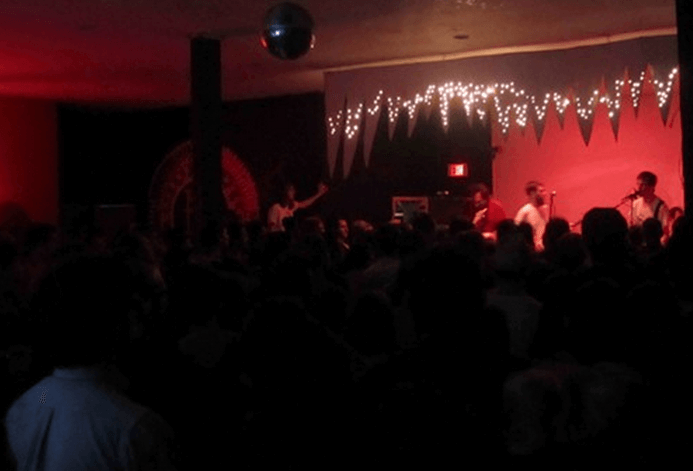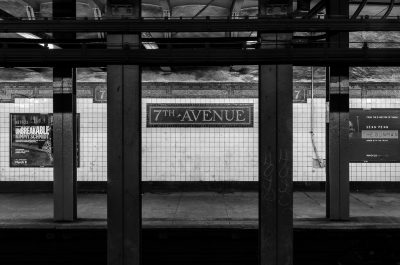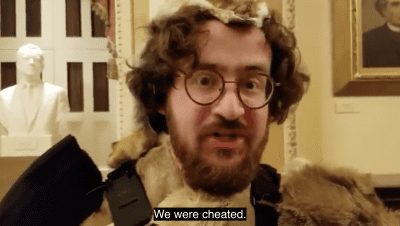Talking With Adam Reich, Co-Founder of Shea Stadium


Shea Stadium in 2012
Since Shea opened back in 2009, how have you seen East Williamsburg change?
It’s been a very gradual change. Every once in a while you see something that surprises you, and then before you know it the block looks totally different. I guess it’s still mostly warehouses, due our neighborhood’s non-residential zoning, but we’ve definitely seen a lot of new tenants come and go in our hood these 6 years we’ve been around.
Have those changes made you feel insecure about the staying power of the venue?
The nature of what we do is relatively unstable. Living with that reality all along, we’ve all been very conscious of the impermanence of all of it. It’s hard not to be aware of the changes, but I think we try hard not to let it affect our course so much. The same way that you can never cheat death, you can only hope it’s a peaceful one. You have to keep living right up until the moment you’re not alive anymore.
When you first set the place up, did you imagine you’d be in the same spot 6 years later?
No way! We thought if we could make it a year or two and break even, we’d be relatively satisfied. I don’t think anyone involved at that time had any clue that we’d be doing this 6 years later.
DIY venues and even venues that don’t have huge capital backing/corporate investment are inherently ephemeral—how do you deal with the knowledge that something could happen that might cause Shea Stadium to close?
It’s not really something you can prepare for. If you walked around trying to cope and wrestle with that fact every day, you would be a nervous wreck and never be able to get anything done. I think everyone involved has realistic expectations about that ephemerality. Otherwise you’ll always feel that you’re just building something up just to tear it down—we tried to put that notion out of our minds years ago.
You guys have a good relationship with your landlord, right?
They’ve been on Meadow Street since the early 1970s—and were very instrumental in organizing and establishing what is now known as the “East Williamsburg Industrial Park.” When they moved here from Lebanon to start their furniture business, they always tell me that the entire block was ankle-high in trash—there were tire fires everywhere and wild dogs roaming the streets; a vision of New York that is hardly seen anywhere in the city nowadays… not even in movies.They bought a single warehouse back then, and now they practically own the block that they strived so hard to clean up and take care of—they’re in it for the long haul. It’s impossible not to feel at least a little bit safer having them around. They’re very supportive of what we do.
You’re from Brooklyn originally—where did you grow up? Do you still have ties to that neighborhood?
I grew up in Bay Ridge, I went to school there, and have lived there nearly my entire life. Ironically enough, it hasn’t changed a whole lot, especially in comparison to what has happened elsewhere in the borough. A lot of my favorite places to go when I was younger still exist, and a lot of my close friends continue to live in the neighborhood. It’s an interesting dynamic for me—a lot of people who move to New York from somewhere else “go home” for periods of time (holidays, etc) and take comfort in (or at least until they get “bored”) seeing their family, old friends, places they used to go. In many ways it’s still like that for me too, only I can access that feeling by taking a quick trip on the BQE or a 50-minute subway ride. I think that’s really helped keep me sane over the years. It’s kind of like the small town I come from inside this big city. I’m sure it’s day is coming though—I heard recently that rents went up 20% there in this past year alone.
Would you say that the shifts happening in Brooklyn have accelerated over the past few years?
It definitely seems like there’s a lot more “big business” coming into our neighborhoods now, often guising as something that’s inherently “Brooklyn,” as ridiculous as that is to quantify. I think for a long time, Brooklyn represented diversity and an “anything goes” mentality– most of the same reasons that used to make outsiders scared of it. Now I think that same mentality is being used almost as an aesthetic rather than an ethos. It strikes me as being pretty vapid.
What are your thoughts on the future of DIY in Brooklyn? Do you think venues will continue to exist in North Brooklyn in 5 years, 10 years, 15 years?
There’s no dispute that it seems to be getting harder with each passing year, but I’d like to think that despite the fact that the socioeconomic landscape is changing, it will find a way. Like anything else, DIY is going to have to adapt and expand its boundaries if it wants to survive the changes happening in our city. But if New Yorkers are truly resourceful as history as shown, I’d like to think that there will be a “next generation” to carry the torch who are ready to shake things up a bit.
How would you feel if you had to leave East Williamsburg? Do you feel particularly connected with the neighborhood?
I feel particularly connected to Shea and its location– our block, our landlords, our small community, but I can’t say that I would miss the neighborhood itself. It’s always been more about the people than the places, and I think it’s pretty likely that if we were forced to leave, a lot of those same people who make being in this neighborhood special would be leaving with us for the same reasons.
Shea, much like Silent Barn, does everything it can to connect with the community—what sort of efforts do you guys engage in to welcome a diverse set of people into the space who might feel they are not welcome or might feel the place is only for white hipster kids?
We’ve done our best to be as inclusive possible. This notion of DIY being a “cool kids” club never really appealed to any of us. I don’t think that’s really in any of our collective DNA.
Several venues closed over the past year, were there any you were particularly sad to see go / ones you frequented / ones that you were surprised to see go when they did?
Losing Death By Audio was pretty devastating. It was a DIY institution. I remember going there for the first time (probably sometime in late 2006) and thinking to myself that this was different than most anywhere that I’d seen a show before– that these people were making their own rules. Going to those early DBA shows definitely had a big impact on me, and helped on the road to thinking about how I might be able to contribute and give back to that same community. I went a lot less than I would have liked to these past few years after Shea began. I think I took it’s existence for granted a little bit, but it’s always hard getting out to shows when you have to look after your own ones a few days a week. I’m really glad that they were able to have such an epic sendoff—I went a few times during that last month, and though it was bittersweet, it reminded me that all of this work we’ve done separately and together really has a deep significance.
In terms of music specifically, do you see fewer bands moving to Brooklyn from elsewhere?
I definitely see the rising cost of living as a deterrent. Even the artists who are a little more established are finding it very hard to make ends meet. The days of you HAVE to come here are over. There will be other cities with vibrant arts communities simply because the cost of living is less. It’s already happening– bands are moving to places like Philadelphia where you can still move into an apartment with a few bedrooms and pay $300-$500 with roommates. And it’s close enough to NYC that you can still play pretty much any show you would want to.
What do you think is the “future of Brooklyn culture?” And in general what do you think Brooklyn will look like in 10 years? 20 years?
I’m sure Max’s future is both accurate and terrifying. One can only imagine what the end of the line is. I have this recurring nightmare that New York is this “city of the future,” built up by money for the purpose only to make more money. I only hope that it’s not that simple.
You might also like 




















